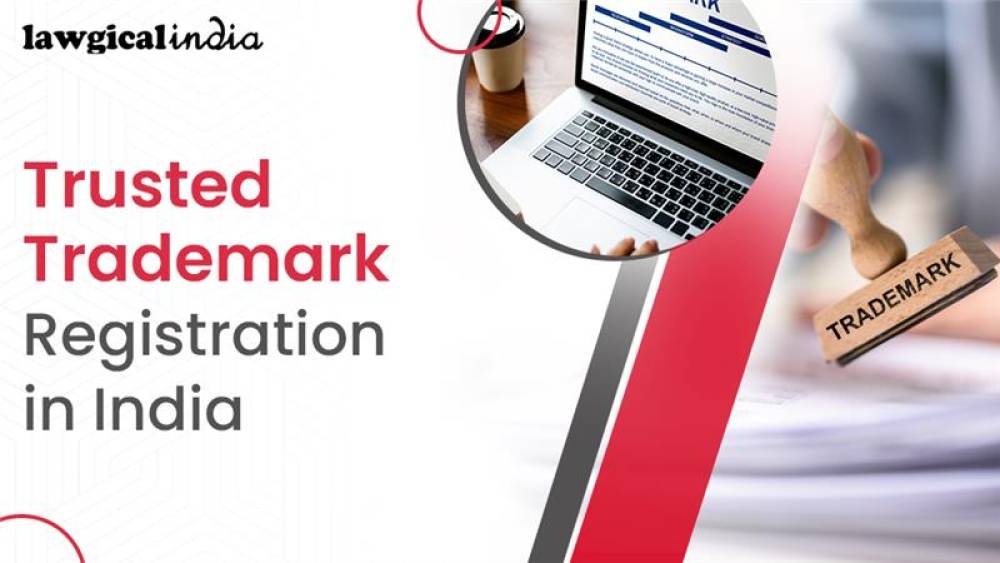What is a Non-Disclosure Agreement?
A Non-Disclosure Agreement is an enforceable agreement that brings confidentiality to the business world. It’s an inaccessible blockade between two parties, shareholders, etc. once signed, nobody is permitted to disclose the information to anyone else
NDA is a non-public agreement, and it keeps all the imperative information, creative ideas, working projects, and new products unrevealed. Numerous profitable concepts exist in the business world; nevertheless, partners must keep them unwrapped in order for them to succeed in the market.
What is the main purpose of NDA?
A non-disclosure agreement provides two functions: confidentiality and protection. A confidentiality agreement may cover anything from product specifications to client lists. Business plans, test findings, embargoed press releases, and product reviews can all be covered by an NDA.
A non-disclosure agreement establishes the legal framework necessary to prevent ideas and information from being misappropriated or disclosed to rivals or outside parties. A variety of legal repercussions, including litigation, financial penalties, and even criminal accusations, result from breaking an NDA agreement. High-level security is guaranteed by NDAs so that unintended exposures are also protected.
Information classification:
NDAs classify information by outlining what information is confidential and what information is non-confidential. This enables parties to collaborate freely while staying within the restrictions imposed by the confidentiality agreement.
Protecting sensitive information:
By signing a non-disclosure agreement, you are obligated legally to maintain the confidentiality of sensitive information. A contract violation would result from the disclosure of the data.
Preserving patent rights:
A Non-Disclosure Agreement can shield an inventor as they create a new idea or product because the public disclosure of a pending innovation may occasionally result in the loss of patent protection.
When do I need an NDA?
Sensitive information needs to be communicated with people or organizations outside of your business at some point, whether you're looking for investors, employing new workers, or looking for new partners or collaborators. NDAs guarantee a business can advance these procedures safely.
So when is an NDA required? The following five scenarios demonstrate when a confidentiality agreement is necessary.
Products:
You should make sure that no technical, financial, or other private information you disclose to a buyer or licensee of a product or technology can be disclosed to a third party.
Employees:
You should make sure that your staff members are unable to share sensitive information about your company while they are on the job or after they depart because they have access to confidential and proprietary information.
Partners:
You must make sure that any information disclosed while in negotiations with a potential partner or investment is kept confidential.
New Clients:
When onboarding a new client, your company might get access to sensitive data about that client's business. By defining which information cannot be released, an NDA can shield your company from unintentional exposure to legal liabilities.
Mergers and Acquisitions:
When selling your company, you must provide critical financial and operational information not just to the firm that will be purchasing your company but also to intermediaries and brokers. A non-disclosure agreement ensures the protection of data.
What happens if someone violates the contract?
The other party has the power to sue for damages if one party violates the terms of a non-disclosure agreement. The goal of compensatory damages is to reinstate the affected party in the position that they would have been in if the agreement had not been breached. In order to punish the offender and deter others from breaking similar contracts in the future, the judge may also impose civil fines. The offending party may occasionally be required to pay the court's expenses and legal fees by the court. The number of damages awarded cannot be greater than twice the number of civil damages.
Additionally, courts typically choose lower sums since harsh punishments may limit the public's ability to disseminate knowledge independently. Additionally, there is no limitation on civil damages, legal fees, or attorney fees. It means that one party has been badly impacted by another person or business that has violated an important commitment made between them. A violation of a suit for damages is always treated seriously in India. As soon as these claims appear on the case file, the court system is likely to pay special attention to them.
Making an NDA for a Startup
A basic NDA that you can quickly send out when required is a terrific idea. Here are some crucial ideas to consider while creating your own Non-Disclosure Agreement(NDA), which the NDA template can help with.
Potential NDAs for the Agreement typically have two signee requirements:
- They must maintain the information's secrecy.
- They are prohibited from using the information themselves.
Companies occasionally add additional clauses to contracts, such as ones that ban worker solicitation or restrain trade deals.
Mutual vs. Non-Mutual NDAs
NDAs can be one-way or mutual, so think about when and how to use all types of agreements. Use one-way NDAs since only one party to the connection will exchange personal information with the other; they are considerably more common.
NDAs for employees, contract workers, and other parties who might be exposed to contacts with your organisation are examples of this. Mutual Non-Disclosure Agreement contracts link the NDA's components to both parties. They are useful in partnerships when both parties might be exposed to each other's private information directly. Prevent them until absolutely necessary because they are more difficult to design and implement.












No comments yet. Be the first to comment!